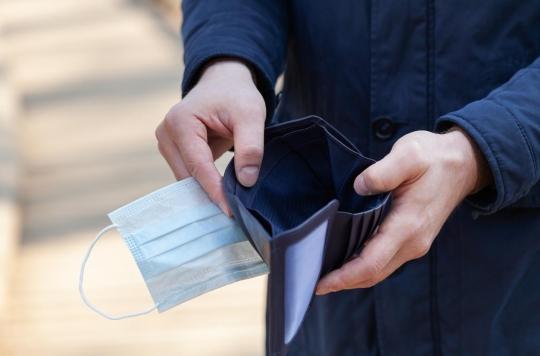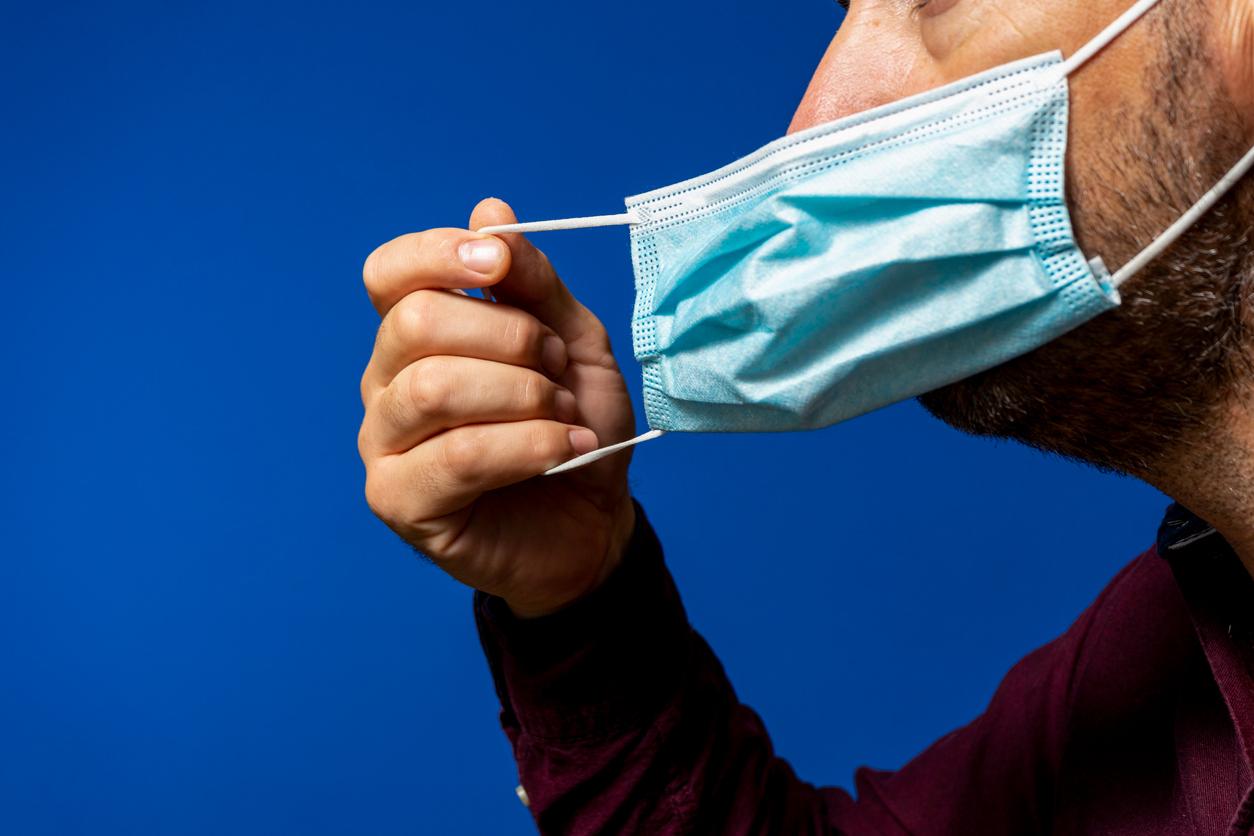People who are financially and professionally insecure are less likely to limit their journeys, respect physical distancing and wash their hands regularly.

- Conducted with 745 American workers, the study shows a correlation between compliance with health measures and barrier gestures, and the level of income.
- People in precarious circumstances would thus be less inclined to comply with health prevention measures, which could have significant repercussions on public health.
For the most precarious people, concerns about their finances or their work supplant their fear of Covid-19. This is essentially what a new study by Washington State University (USA) shows and published online in the Journal of Applied Psychology.
According to its authors, workers in a situation of financial and professional insecurity are less inclined to respect barrier measures to prevent the spread of the SARS-CoV-2 virus.
Greater risk taking in the face of the virus
To reach this conclusion, the researchers interviewed 745 workers from 43 American states last April, the month after the official declaration of the pandemic by the World Health Organization on March 11, as well as the first measures. regulations issued by the Centers for Disease Control and Prevention (CDC), which is the principal United States federal agency for the protection of public health. Among the respondents, 62% were men, and 68% were graduates, which is more than the national average. The median household income of respondents was between $50,000 and $59,000, compared to $60,293 nationally.
The findings highlighted by the researchers show that a scarcity mindset may play a role in people’s ability to focus on pandemic response. “We all have a limited set of resources, whether money, time or social support, and people with fewer of these resources seem less able to apply the guidelines recommended by the CDCsays Tahira Probst, professor of psychology at WSU and lead author of the study. The extent to which economic stressors will impact this behavior is partly a function of where we live. Having a strong safety net to catch up to you appears to help mitigate the risk factors for job insecurity that are otherwise associated with lower guideline compliance.”
Thus, the study shows that in states with lower unemployment benefits, job insecurity was associated with a 7% drop in compliance with Covid-19 prevention behaviors.
Consider socio-economic disparities to fight the epidemic
Conversely, respondents who consider themselves financially secure are more inclined to respect barrier and health measures. In detail, the authors of the study estimate, for example, that financially stable employees have adopted 13% more prevention behaviors (stay at home, favor teleworking, close non-essential businesses) than workers who feel more precarious.
For the researchers, these differences could have important implications for public health since research suggests that even a modest reduction in social contact between adults can reduce infection rates and eventual deaths.
“It is important to recognize as a society that there are certain segments of the population, especially economically stable people, who are better equipped to follow CDC recommendations to prevent the spread of COVID-19, recalls Tahira Probst. This is a red flag because precarious work and financial strain can also co-exist with other risk factors for Covid-19 and pre-existing health disparities.”
.

















